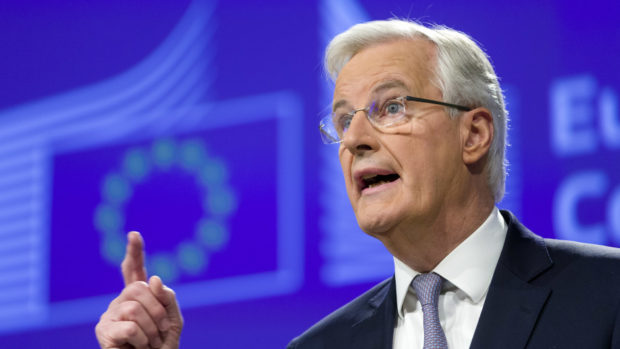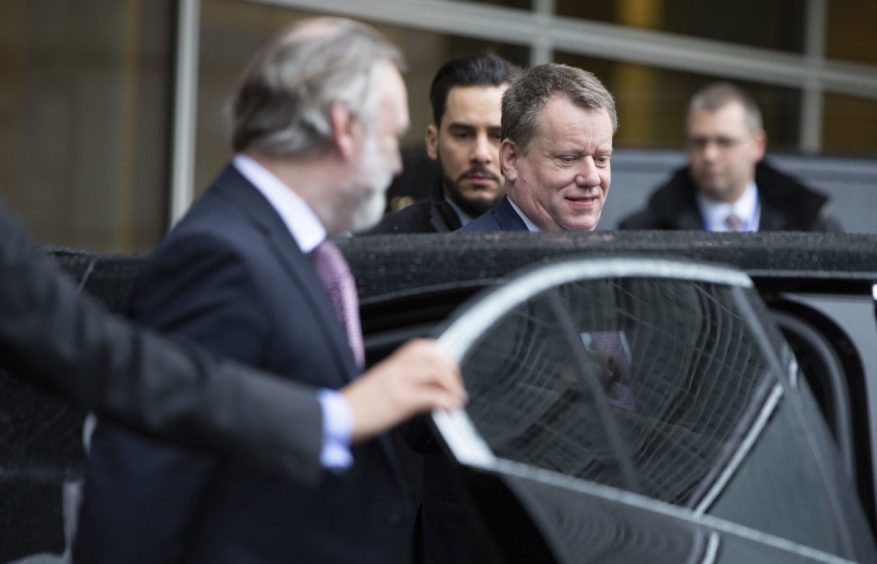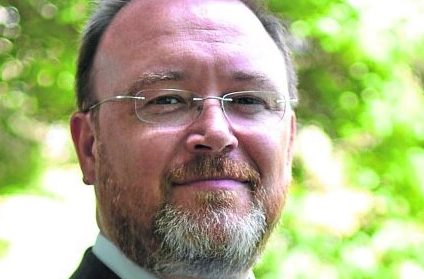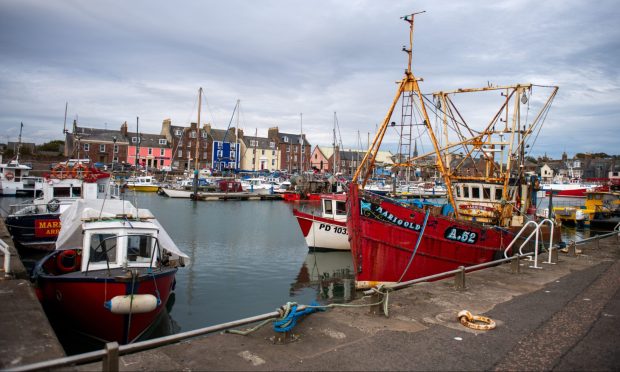European Union negotiators are ready to “get realistic” in Brexit fisheries talks, according to reports from Brussels.
The EU has, from the outset of negotiations, been demanding “status quo” access to UK waters, which would essentially mean a continuation of the common fisheries policy.
Last week talks between the UK and EU teams were described as “tetchy” and broke off with little progress.
We should probably get realistic about our fishing position.”
Senior European source
However, it has been reported that both sides are now operating with a “renewed focus” ahead of the final round of talks next month.
“We should probably get realistic about our fishing position,” a senior European source told the Times.
“These are the things that have to be decided at a much higher level than David Frost or Michel Barnier. The pandemic is destroying everything in the sense that everybody’s mind is focused on something totally different to Brexit, which is the recovery in the exit strategy.”
We reported last week that, privately, both negotiating teams are hopeful of a breakthrough.
A senior source close to the UK negotiating team told us that Britain had submitted a fisheries proposal that makes clear the UK would be willing to consider granting access to EU fishermen on a zonal basis, as agreed with countries like Norway.
“Talks are getting tetchy but we’ve made modest progress”, the source said.
A source on the EU side said the proposal offered “a start to the dialogue on fisheries”.
UK chief negotiator David Frost will publish Britain’s negotiating texts and legal drafts this week so that European governments are able to see possible “landing zones” and “trade-offs” on fishing and “level playing field” demands for regulatory alignment.
Banff and Buchan Tory MP David Duguid welcomed the reports and said: “If these reports are correct, then we may be starting to see some realism from the EU side.
“The EU negotiating position on fisheries has never been sustainable. It failed to recognise that the UK has left the EU and is leaving the CFP. A continuation of the status quo on fishing is a non-starter.
“Any agreement must reflect our status as an independent coastal state.”
The next, and final, round of talks between the UK and EU teams is on June 1, after that meeting it will be for the UK and EU’s political leaders to sign off on the agreement “at some point in June”.
If a deal is not reached by June 30, which is the final date on which an extension to the Brexit transition period can be agreed, the UK would leave the EU in December without a deal.






